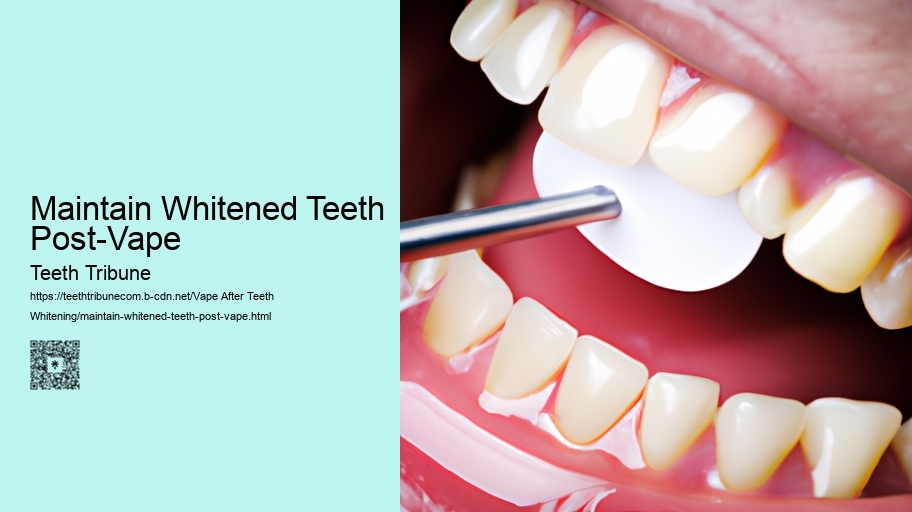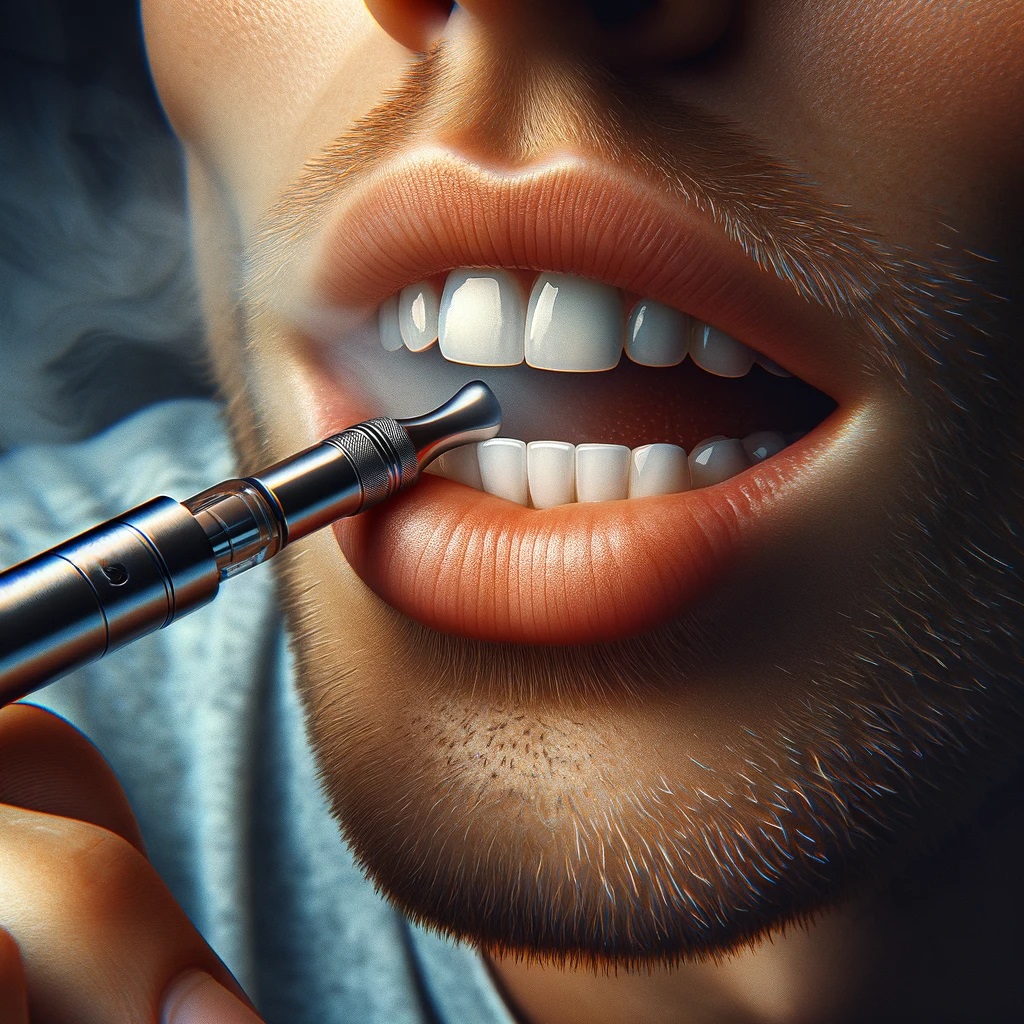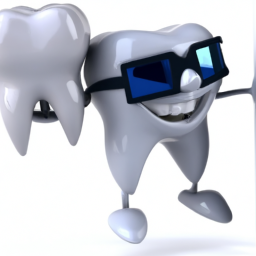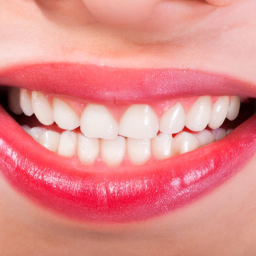

Gum health is a critical aspect often overlooked by vapers. The nicotine and other chemicals in vape juice can affect gum tissue, leading to issues like gum recession, inflammation, and increased sensitivity. Maintaining gum health is key to overall oral wellness.
To protect gums, vapers should practice diligent oral hygiene. This includes brushing gently but thoroughly, flossing daily, and using a mouthwash that targets gum health. Quitting or reducing vaping can significantly improve gum health and reduce the risk of periodontal diseases.
Regular dental checkups are essential for vapers. Dental Emergency These appointments allow for early detection and treatment of gum-related issues. Dentists can also provide personalized advice on gum care tailored for individuals who vape.
Preventive dental care is crucial for vapers to maintain oral health. Vaping can expose teeth and gums to substances that may increase the risk of dental issues.
Vapers should also consider using mouthwashes that are designed to strengthen enamel and reduce plaque. These products can help counteract the effects of vaping, such as dry mouth and potential gum problems. Staying hydrated is another simple yet effective way to promote oral health.
Regular dental visits are essential for preventive care. Dentists can offer professional cleanings and checkups, identify any early signs of oral health issues, and provide specific guidance tailored to the needs of individuals who vape.
Regular dental checkups are vital for vapers. Vaping can affect oral health in various ways, and routine dental visits can help in early detection and management of potential issues. Dentists can monitor for signs of tooth decay, gum disease, and other oral health problems exacerbated by vaping.
During checkups, dentists can also provide professional cleaning to remove any plaque buildup and vaping-related stains. They can offer personalized advice on oral hygiene practices specifically suited for vapers, ensuring comprehensive care.
Vapers should inform their dentist about their vaping habits, as this information is crucial in tailoring preventive care and treatments. Bruxism Frequent checkups, ideally every six months, are recommended for maintaining optimal oral health for vapers.

Whitening treatments for smokers are designed to tackle tough stains caused by tobacco use. These treatments can be more intensive than regular whitening procedures due to the nature of tobacco stains. Professional whitening options, like laser treatments and bleaching, are often recommended for effective results.
Over-the-counter products, like whitening toothpastes and strips, can also be used but may take longer to show results. For smokers considering whitening treatments, it's important to first address any underlying oral health issues, as whitening procedures can exacerbate conditions like tooth sensitivity and gum problems.
Consulting with a dental professional is essential for smokers seeking whitening treatments. They can recommend the most suitable options based on the individual's oral health status and the severity of the stains.
Fluoride TreatmentsElectric toothbrushes can be more effective in maintaining whiter teeth compared to manual brushing. Their oscillating or vibrating bristles are better at removing surface stains and plaque, which are common issues for both vapers and smokers.
Many electric toothbrushes come with specialized modes for whitening, which focus on gently polishing the teeth to remove stains. Using an electric toothbrush regularly, along with whitening toothpaste, can significantly aid in keeping teeth bright and reducing the appearance of stains.
For those who have undergone teeth whitening treatments, electric toothbrushes can be a valuable tool in maintaining the results. However, it's important to choose a toothbrush with soft bristles and to avoid over-brushing, which can damage enamel and gums.


Dental flossing is an essential aspect of oral hygiene, particularly for vapers. Vaping can lead to increased plaque buildup and the risk of gum disease, making flossing even more important. Regular flossing helps remove food particles and plaque from between teeth and along the gum line, areas often missed by brushing alone.
For vapers, flossing can also play a role in preventing and reducing oral health issues such as gum inflammation and bad breath. Using traditional dental floss, water flossers, or interdental brushes are effective ways to clean between teeth.
Incorporating flossing into daily oral care routines, ideally twice a day, can significantly improve oral health for vapers.
Comparing e-cigarettes and traditional smoking is crucial for understanding their impact on oral health. E-cigarettes, while often considered a safer alternative, still present risks to dental health. Vaping Alternatives Unlike traditional cigarettes, they don't produce tar and other harmful combustion products, but they do contain nicotine and other chemicals that can affect teeth and gums.
E-cigarettes may lead to less staining and bad breath compared to traditional smoking, but they can still cause dry mouth, gum disease, and tooth decay. Nicotine, common in both, is a vasoconstrictor that can reduce blood flow to the gums, increasing the risk of oral health issues.
For individuals considering a switch from traditional smoking to vaping, it’s important to maintain good oral hygiene practices. Regular dental checkups are also recommended to monitor and manage any health impacts related to these habits.
Yes, nicotine is a key ingredient in vape juice that can cause staining. Additionally, certain flavorings and colorings in e-liquids might also contribute to discoloration of whitened teeth.
Generally, it is safe for vapers to use teeth whitening products. However, it’s important to follow the product instructions and consult with a dental professional for personalized advice. Regular vapers might need more frequent whitening treatments to combat potential staining from vaping.
Vaping, especially with nicotine-containing e-liquids, can reduce the longevity of teeth whitening results. Nicotine and other chemicals in vape juice can lead to tooth discoloration and staining, counteracting the whitening effects.